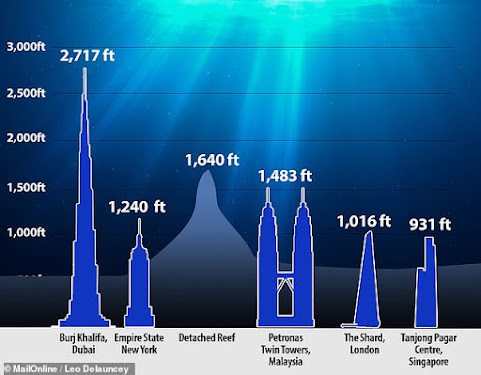The general air of spookiness on All Hallow's Eve, or Halloween, is often associated with a full moon, even that doesn't occur often. We might even claim that it only occurs "once in a blue moon", a familiar phrase for something that is uncommon. Well, tonight is a full Blue Moon, the second full moon of the month of October, and the first Blue Moon on Halloween in 19 years. The next won't occur for another 19 years, which means I better pay attention tonight.
Regular readers will know that I appreciate the lunar comings and goings, in part because they are so important to the Jewish and Christian faiths. Both Passover and Easter are calculated by lunar cycles and Jesus was probably under a full moon in the Garden of Gethsemane. Aside from the faith aspect, moonlight is magical, especially on water.
I hope the sky is as clear tonight as it has been through the day. We might consider that our moon was once a part of the Earth and formed as the result of the collision of a large body with our planet. Now it tugs away at the oceans to give us the rhythm of the tides. It's all remarkable, bordering on miraculous, wouldn't you say?
I couldn't resist this image of a bat flying across the face of a full moon, given that it's Halloween. Local bats have probably tucked themselves away for the Winter now, although we saw some flying in our yard on the remarkably mild evening a week ago.
Look up tonight, and be amazed.

























